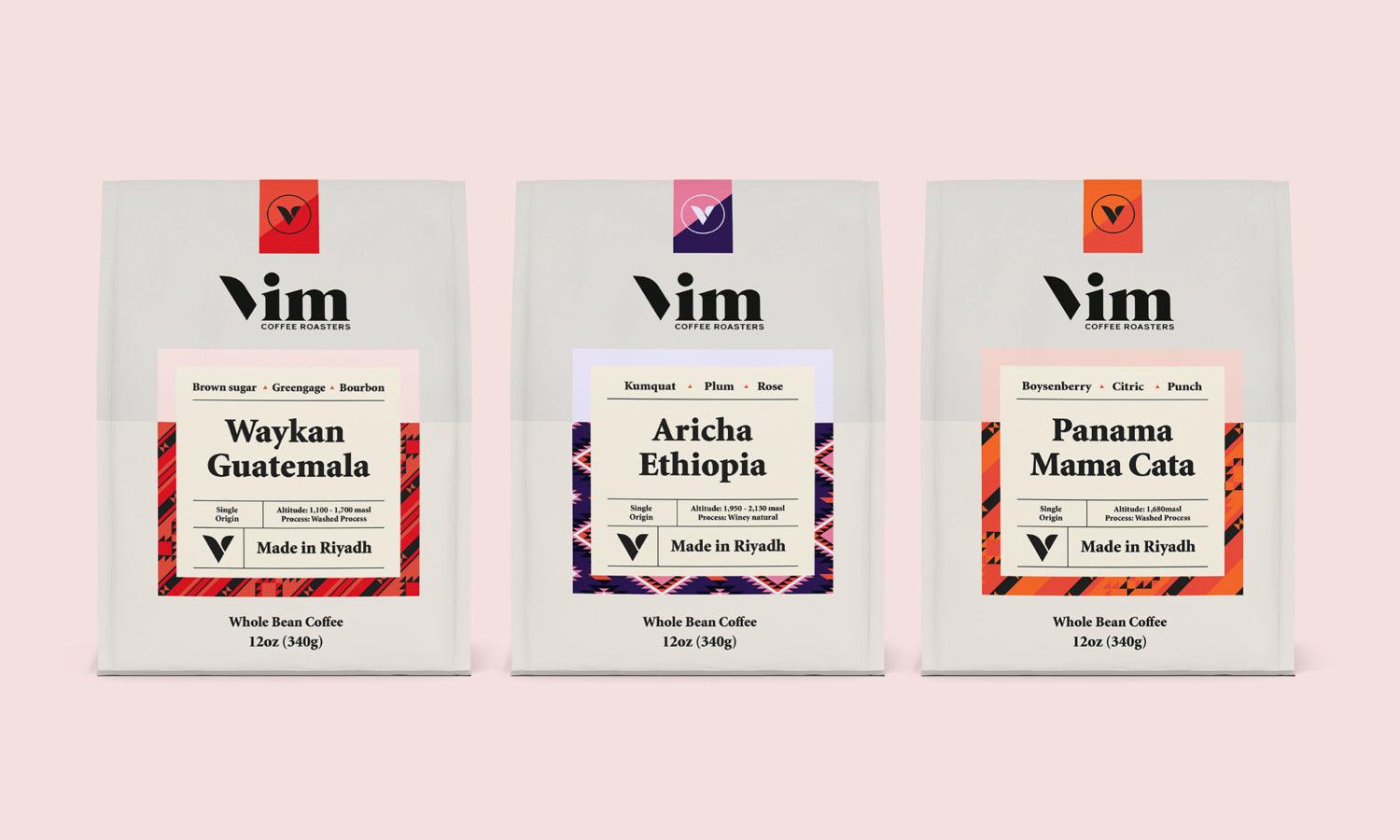Why Professional Chefs Swear by Bread Knives for Efficiency

In the fast-paced world of professional kitchens, efficiency is key. Chefs are often juggling multiple tasks at once and need tools that allow them to work quickly and accurately. One such tool that plays a significant role in ensuring smooth operations in the kitchen is the bread knife. While this tool might seem specialized, knife store is a must-have for professional chefs. Bread knives, with their unique serrated edges, are not just for slicing bread. They offer several benefits that make them indispensable in a chef’s toolkit. Here’s why professional chefs swear by bread knives for efficiency.
Serrated Edge for Clean and Quick Slicing
The most prominent feature of a bread knife is its serrated edge. The teeth of the serrated blade work like little saws, making it easy to slice through items with hard exteriors and soft interiors without crushing or damaging the contents. This bread knife is especially useful when cutting bread. A clean, crisp cut is crucial in professional kitchens, and a bread knife achieves this with ease.
Whether it’s crusty sourdough or soft sandwich bread, a bread knife offers a smooth and efficient slicing experience. This ability to slice quickly and accurately without compressing the bread makes it ideal for chefs who need to prepare large quantities of bread or delicate pastries, saving valuable time during meal prep.
Versatility for Multiple Tasks
Though primarily used for bread, bread knives are incredibly versatile and useful for cutting a variety of other items. From slicing tomatoes and cakes to cutting through fruits like melons or even carving large roasts, the serrated edge makes it easy to tackle various foods with tough exteriors.
Professional chefs rely on bread knives for tasks that would otherwise require different knives. The long blade allows for smooth, continuous cuts, which is especially useful in situations where precision and speed are required. This versatility reduces the need for multiple knives and minimizes the time spent switching between tools, which increases kitchen efficiency.
Even Slicing Without Crushing or Mashing
One of the primary reasons bread knives are so beloved by chefs is their ability to slice food without crushing, mashing, or distorting the contents. For example, when slicing delicate cakes, a bread knife ensures that the layers remain intact and don’t collapse. The same applies to soft fruits or vegetables like tomatoes, where the knife's serrated edge can easily glide through the skin without squashing the inside.
In a professional kitchen, presentation is key. A bread knife helps chefs achieve the perfect cut, ensuring that dishes look as good as they taste. Whether they’re preparing a sandwich, carving a loaf, or slicing fruit for a garnish, the bread knife maintains the integrity of the ingredients while saving valuable time.
Long Blade for Large Cuts
Bread knives typically feature longer blades, usually between 8 and 10 inches, allowing chefs to slice larger loaves or items in one smooth motion. The long blade makes it easy to slice through large quantities of bread, especially in a busy kitchen where speed is essential.
This longer blade also helps chefs make long, continuous strokes, minimizing the need for multiple passes. When slicing multiple loaves of bread or large cakes, the ability to cut through them in one motion speeds up the process significantly, making the kitchen run more efficiently. This is especially true for professional chefs preparing for events, banquets, or large orders.
Improved Safety with Non-Slip Design
Bread knives are often designed with ergonomic handles that ensure a safe and secure grip. This is crucial in a busy kitchen environment where quick movements are common. The non-slip handles allow chefs to maintain control of the knife even when their hands are wet or greasy.
Moreover, the serrated edge of the bread knife provides added safety. It requires less force to cut through bread and other foods, reducing the risk of slipping and accidental injuries. Chefs can make quick, smooth cuts without worrying about the knife losing grip, which helps improve efficiency and reduce the chances of accidents in the kitchen.
Easy Maintenance and Longevity
Another reason professional chefs favor bread knives is their durability and ease of maintenance. Unlike traditional knives that may require frequent sharpening, the serrated edge of a bread knife holds its sharpness for a longer period. The serrated teeth make bread knives less prone to dulling, allowing chefs to use them for longer without the need for regular sharpening.
This longevity makes bread knives a great investment for professional kitchens. They require minimal maintenance, which means chefs can spend less time worrying about tool upkeep and more time focusing on cooking. When maintained properly, a high-quality bread knife can last for years, making it an efficient and cost-effective option for busy kitchens.
Better Control for Delicate Tasks
While a bread knife is designed for cutting through tough exteriors, it is also perfect for delicate cutting tasks. The gentle sawing motion required to cut with a bread knife gives chefs more control when working with fragile ingredients. For example, when slicing a freshly baked loaf of bread or cutting soft pastry, the bread knife’s edge ensures the product remains intact.
This control is also valuable for intricate garnishing and carving, where the chef needs to work slowly and precisely. The design of the bread knife provides a balance between cutting through tough surfaces and maintaining control for more delicate cuts. This combination of versatility and control makes the bread knife an essential tool for a variety of cooking tasks.










